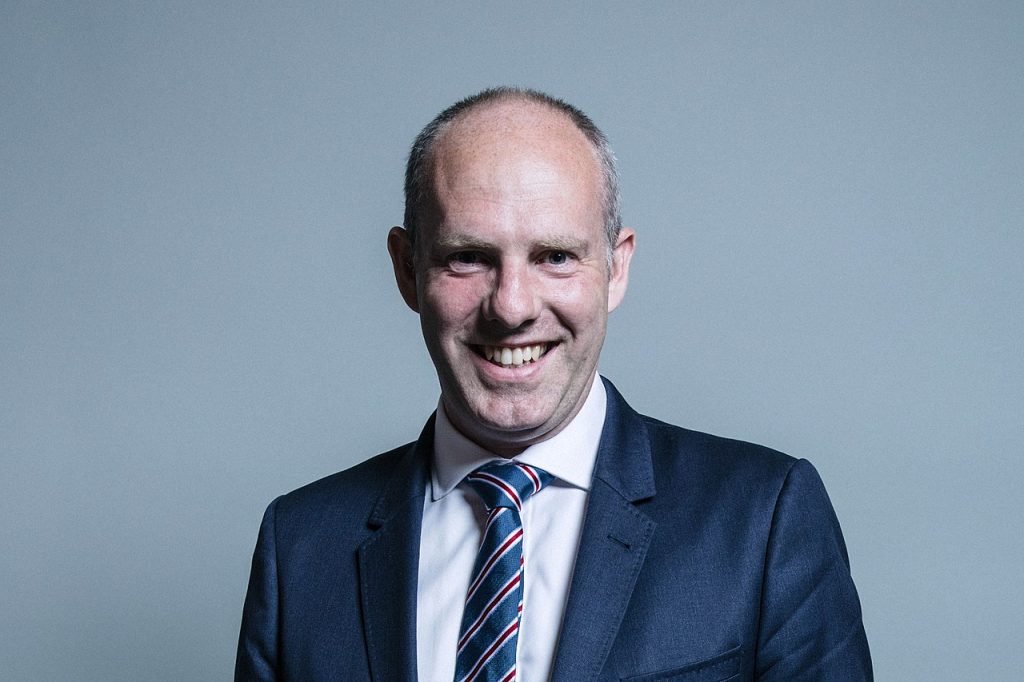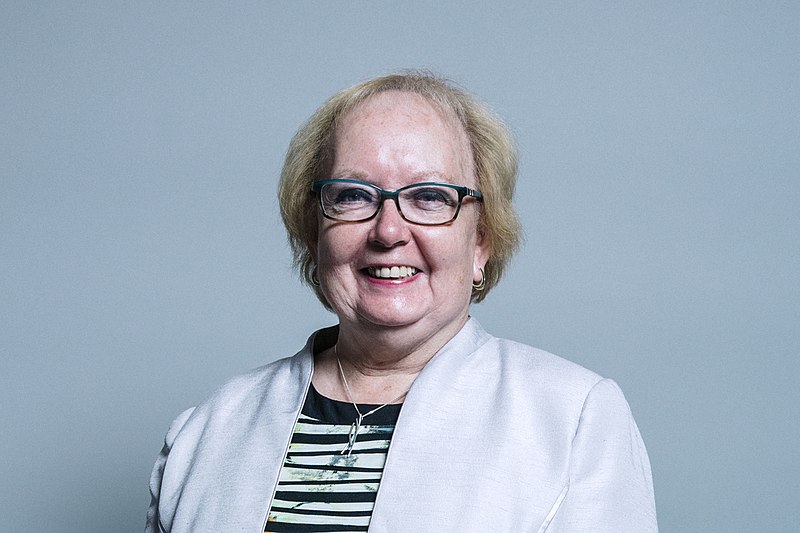Thousands of people with autism spectrum conditions (ASCs) want to work but are being “excluded and discriminated against” amid government inaction, an MP has said.
Scottish National Party MP Marion Fellows told her colleagues in the Commons this week that the government’s approach to including people with ASCs within the workforce is failing to carry out the Equality Act 2010 to “its fullest extent”.
She highlighted that only 16% of people with autism are in full-time work despite 77% wanting to be, according a 2016 survey by charity The National Autistic Society. There are 540,000 people with ASCs in the UK but the government records no statistics on how many are in the workforce, she added.
“The system is not fit for purpose,” she said. “When someone is excluded from the workforce despite their credentials, despite their abilities, despite their intelligence, what are the implications of their being unemployed?
“They are depression, isolation, anxiety and low self-esteem.”
She spoke of how workplaces can be inaccessible to people with ASCs from the outset – with job application forms often being “complex and without clear instructions”. Once at interview stage, typical open-ended questions such as: “tell me about yourself” can be misunderstood by people with ASCs, who are “factual thinkers” and have difficulties picking up social cues.
What is not being recognised are the attributes that people with ASCs have and can bring to the workforce.
Marion Fellows, MP for Motherwell and Wishaw
The “generic disability employment programmes” the government offers do not give people with ASCs the specialised support they need to thrive in the workplace, she said.
She urged the government to task the Jobcentre Plus with providing proper training and support for employers to make their environments inclusive, using the guidance provided by charity the Autism Alliance.
“What is not being recognised are the attributes that people with ASCs have and can bring to the workforce,” Ms Fellows said. “About half of those in this population will have higher education, with some educated to PhD level, yet they remain under-represented in senior organisational roles.
“So many people with ASCs are extremely skilled in maths, physics, computing sciences and engineering, yet they remain discriminated against, with their talents and intelligence being cast aside—all because the Government will not put into practice the recommendations provided by various autism charities.”

Justin Tomlinson, Minister for Disabled People. Image Credit: Parliament.
Justin Tomlinson, the Minister for Disabled People, responded by highlighting the steps the government is taking to include people with ASCs into the workforce. This includes setting up a ‘Disability Confident’ campaign where more than 12,000 business have signed up to share best practice.
He also said that the government is working with the Office of National Statistics (ONS) to ensure the labour force survey includes details of the number of people with ASCs in employment, and he praised the government’s Access To Work scheme.
“It is right that we absolutely have to do more to enlighten businesses of all sizes about the opportunities,” he added.
“Small changes and good practice can benefit not just individuals with autism, but the organisations that take them on.”







